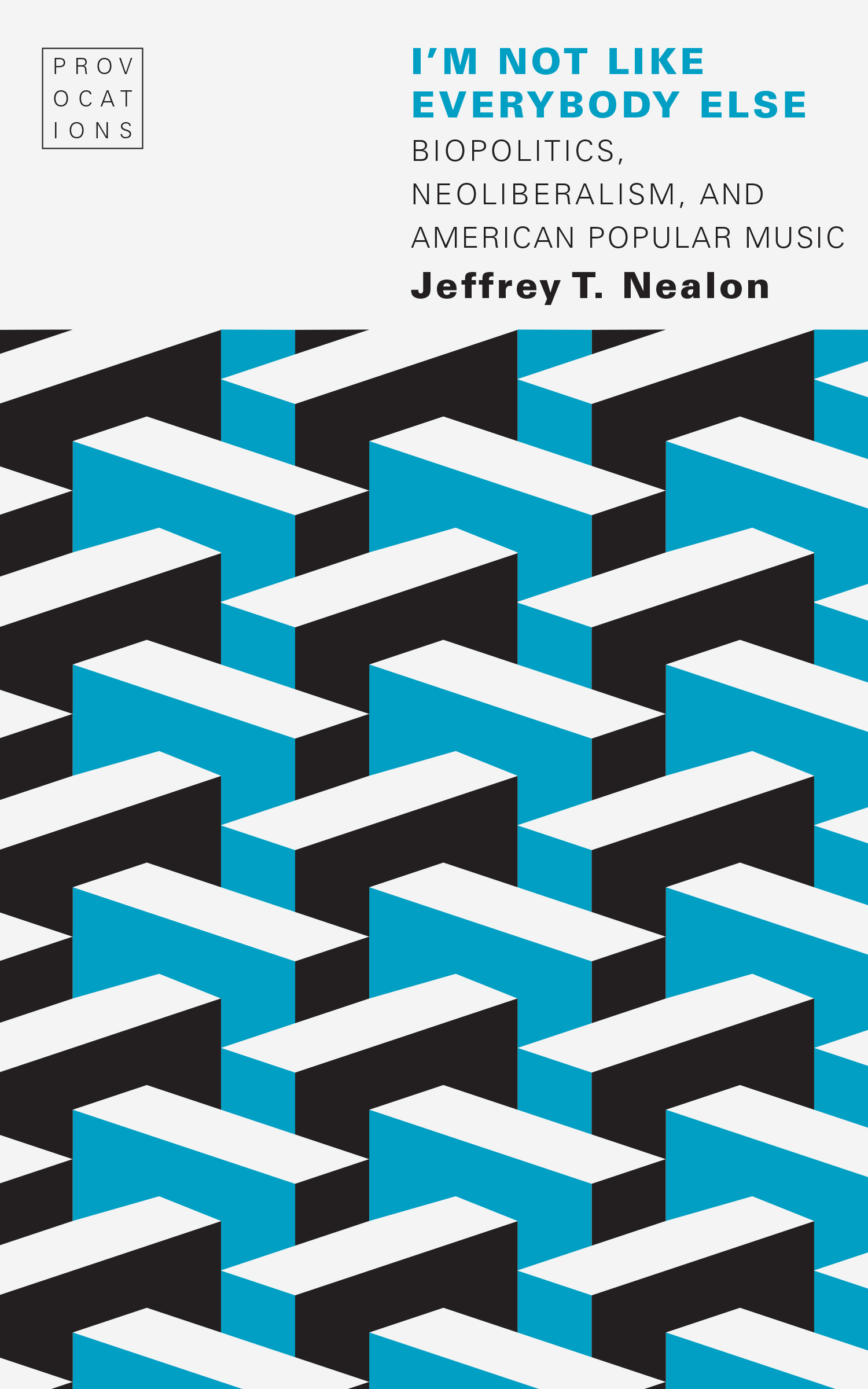What do you think?
Rate this book


144 pages, Paperback
Published October 1, 2018
In listening parlance, authenticity-obsessed "rockist" listeneres are resolutely paranoid, as they must always guard against being hoodwinked in to investing in the wrong kind of "inauthentic" music, thereby putting precious cultural cand social capital at stake